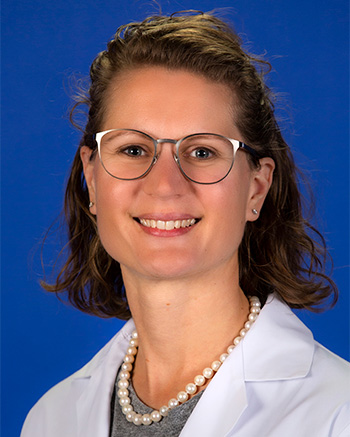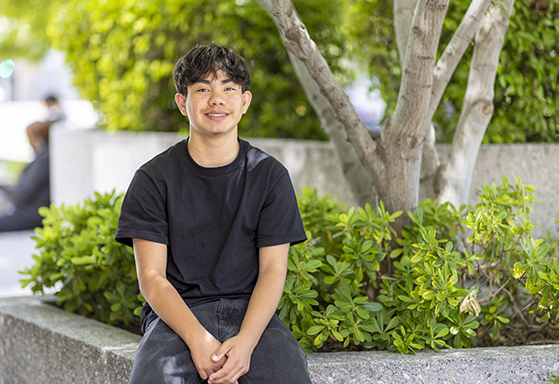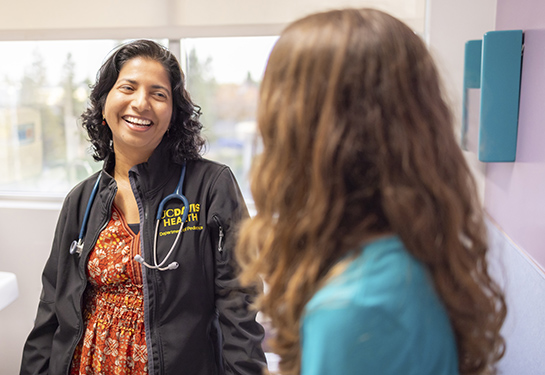Orthopaedic project aims to reduce children’s exposure to opioids
How can health care providers safely reduce the use of opioids in children after orthopaedic surgeries?

UC Davis Health pediatric orthopaedic surgeon Amanda Whitaker and her team hope to answer that question, thanks to a $25,000 Quality, Safety and Vision Initiative grant from the Pediatric Orthopaedic Society of North America.
The initiative aims to reduce children's exposure to opioids and improve their health outcomes.
“The opioid epidemic unfortunately starts with our children. Too many kids are exposed to and have access to opioids,” Whitaker said. “We are launching an effort to monitor pain and pain medication usage in our pediatric patients to determine what is the typical pain course after our orthopaedic procedures and how we can do better.”
The project focuses on standardizing protocols for pain management after surgery. The goal is to avoid overuse and abuse of opioids, especially after large, complex procedures.
Patient education will also be part of the effort, as will education for the whole health care team, including nurses, residents and adult and pediatric physicians.
Whitaker hopes that these efforts will optimize the prescribing of pain medication after surgery and improve the overall experience for the health care team and patients alike.
“Based on the research, the earlier kids are exposed to opioids and the more access they have the more likely they are to misuse them, which can turn into addiction. The best way to decrease exposure and access is by using excellent non-narcotic medications and alternatives to opioids. However, this needs to be done in a thoughtful, monitored way.”




